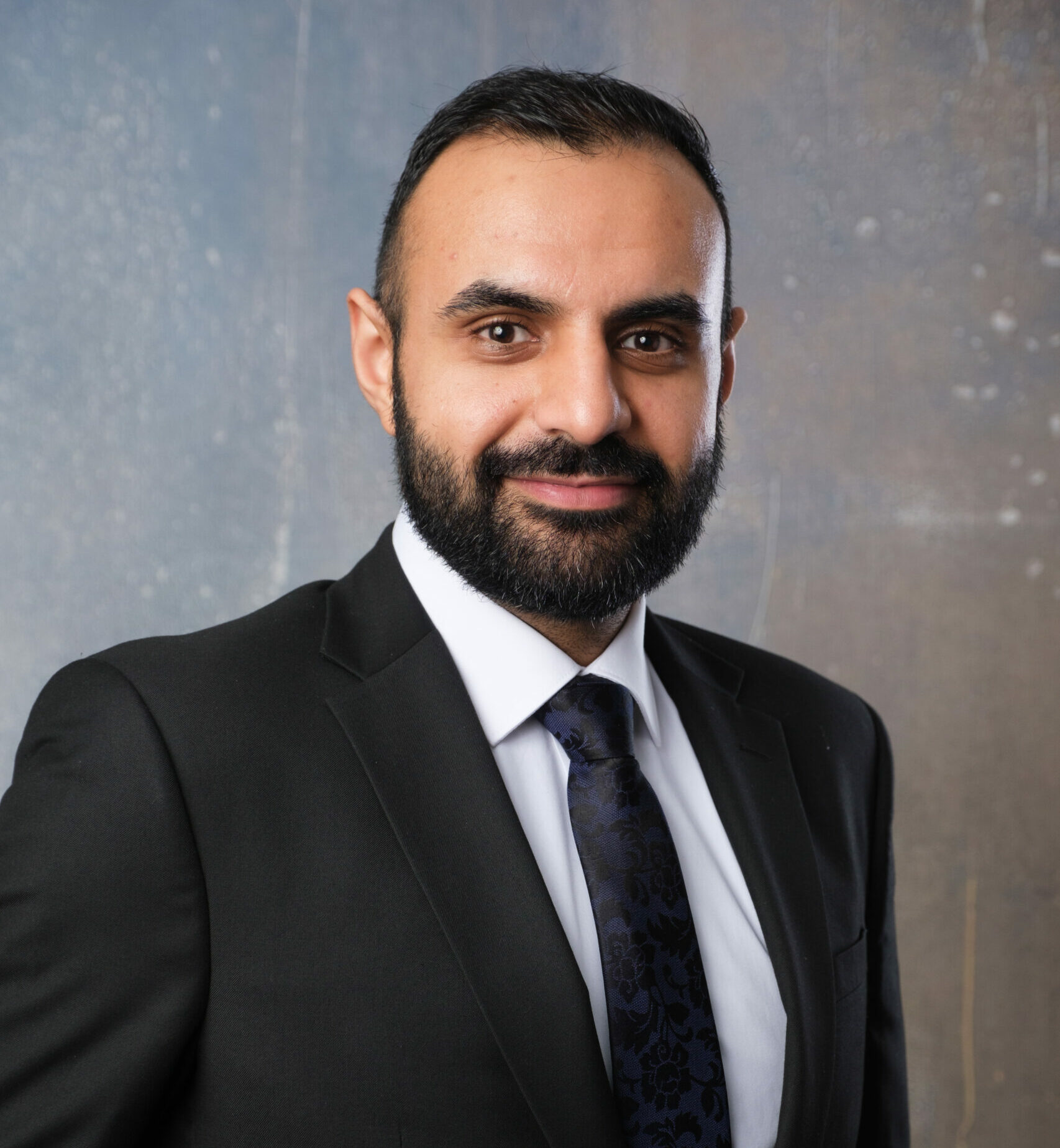What is a Will, and Why is it Important?
Making a Will allows you to control and express your wishes regarding what happens to your assets when you pass away. It’s not a thought that many of us want to consider, especially if you are still young and don’t have any dependants yet. It is however, something that all individuals should seriously consider reviewing, particularly if you are beginning a family.
If you don’t prepare a Will, your assets will not necessarily go to the people you want them to go to. A Will also allows you to appoint a trusted individual, known as an Executor/Executrix, to carry out your wishes.
If you do not make a Will, you will die intestate. This means that strict default legal rules apply as to how your money and property are distributed, and this ultimately may result in your assets going to relations that you did not intend.
Many have sought to draft their own Will, often known as a “DIY Will” which are generally available online or to purchase locally. These are however, not drafted by a qualified legal individual, and are usually legally invalid, such that they cannot be enforced on an individual’s passing.
It is imperative that if you are looking to draft a Will, that you instruct a suitably qualified legal representative to settle the same. By making use of a legal professional specialising in Will and probate procedures, you can ensure that specific assets are awarded to specific people, whether within or outside your family. You can also make sure that any organisations and charities are credited. Legal professionals, such as Solicitors, are also strictly regulated, ensuring that they must act in your best interests and that your instructions on death are strictly followed.
A Will addresses a variety of important matters, including appointing Guardians for any children under 18, naming beneficiaries and setting out your funeral wishes.
When the death of a loved one occurs, family members inevitably experience significant emotional stress, and implanting the Deceased’s wishes as to distribution of assets is often not a priority. Having a clear and legally sound Will, and an independent legal advisor involved in the original drafting and implementation of the Deceased’s wishes, helps to avoid adding any unnecessary family disputes regarding your wishes at such an emotional time. It ensures that there is no ambiguity regarding your intentions and prevents delays in distributing your Estate, which can occur without a Will.
For more information on our Will and probate services, please get in touch with our legal experts today.
When Should You Make a Will?
Anyone can make a Will once they reach 18 years old. It is advisable to create a Will once you have accumulated assets or have responsibilities that you want to protect.
Ask yourself the following:
- Do you own any assets? (bank account containing significant funds, property, stocks and shares or other assets)
- Do you have any children, will they potentially require a Legal Guardian and how do you want your assets to be utilised to cater for the children’s needs as they grow up?
- Do you have a husband, wife or civil partner, and what happens in the event of both of you passing?
- Are you divorced/separated or going through divorce proceedings, and how do you wish for assets to be distributed if there are children of the former relationship?
- Are you in a long term relationship but are not formally married or in a civil partnership, but would like your assets to go to your long-term partner?
- Would you like advice to minimise Inheritance Tax?
As you can see from the above, there can be a number of scenarios that can arise on death, that may lead to significant uncertainty as to distribution of assets in the absence of a Will.
The Key Elements of a Will
Creating a Will involves several important components that ensure your wishes are clearly documented and legally binding. Below are the essential elements to include in your Will:
Personal Details and Declaration
The first part of your Will should include your full name, address, and other personal details to confirm your identity. This section also typically includes a declaration stating that the document is your last Will and testament and that it revokes any prior Wills. This ensures that there is no ambiguity about your intentions.
Appointment of an Executor/Executrix
One of the most critical decisions in creating a Will is appointing an Executor. This is the person (or institution or legal representative) who will be responsible for carrying out the instructions in your Will, ensuring your Estate is managed properly, and distributing your assets. Choose someone you trust who is organised and capable of managing the responsibilities. You can appoint more than one Executor if you prefer, or even choose a Professional Executor, such as a Solicitor.
Beneficiaries and Their Inheritance
A key element of any Will is specifying your beneficiaries, the individuals or organisations you wish to leave assets to. This section should clearly state who will receive what, whether it’s specific items (like jewellery, heirlooms, or property) or a portion of your Estate’s total value.
Guardianship of Children
If you have minor children (under 18), it’s important to appoint a Guardian who will care for them if you pass away. This decision should be made carefully, considering the person’s ability to provide a stable and loving home for your children. You can also name alternate guardians in case your first choice is unable to act.
Funeral Arrangements
Although not legally binding, it’s a good idea to include your funeral wishes in your Will. While not enforceable, it can guide your loved ones in making arrangements that reflect your desires, and this may involve personal wishes that you would like to be expressed at the funeral itself.
Trusts (If Applicable)
If you have assets that need to be managed over time (such as for minor children or beneficiaries who may not be capable of handling large sums of money), you may want to create a trust. A trust allows the executor to manage assets on behalf of the beneficiary according to the terms set out in the Will.
Signatures and Witnesses
For your Will to be legally valid in England and Wales, it must be signed by you in the presence of at least two independent witnesses. These witnesses should not be beneficiaries of the Will or related to the beneficiaries. This is to prevent any future disputes regarding the Will’s authenticity.
Revocation of Previous Wills
It’s essential for your Will to include a clause stating that it revokes any previous Wills. This ensures that only the most recent Will is considered legally valid, preventing confusion or legal challenges after your death.
The Will Writing Process
At AFG LAW, we work closely with our clients to ensure their wishes are clearly represented in their Wills. Our experienced solicitors offer Will writing services and will:
- Discuss in detail your preferences for the distribution of assets;
- Draft a Will that adheres to your instructions;
- Submit your Will for review to ensure it adheres to existing laws;
- Deliver your Will to you.
Once you have received your Will, it will need to be signed and witnessed in the presence of two witnesses; once completed, your Will is legally binding.
What Happens if You Die Without a Will?
If you die without a Will (intestate), your Estate and personal possessions will be distributed according to the rules of intestacy, which may not reflect your wishes.
Your assets will typically go to your spouse or children, but if you have no spouse or children, more distant relatives may inherit. Unmarried partners, friends, or charities will not receive anything unless explicitly stated in a Will.
The court will appoint an administrator to manage your estate, which can lead to delays and higher legal costs. Additionally, if you have minor children, the courts will decide on guardianship, which may not align with your preferences.
Get Professional Help with Your Will: How We Can Assist You
If you are looking to find a solicitor who specialises in Will and probate processes and can offer expert legal advice then our team at AFG Law are ready and on-hand to assist you.
For more information on making a Will, or if you have any queries surrounding the Will and probate process, please do not hesitate to get in touch with us today. We can be contacted via email at PrivateClientDept@afglaw.co.uk or via phone call at 01204377600.
AFG Law have multiple offices with specialist Will writing solicitors in Manchester, including Stockport, Bolton and Bury. We can also assist clients with their Will and Probate needs remotely.










